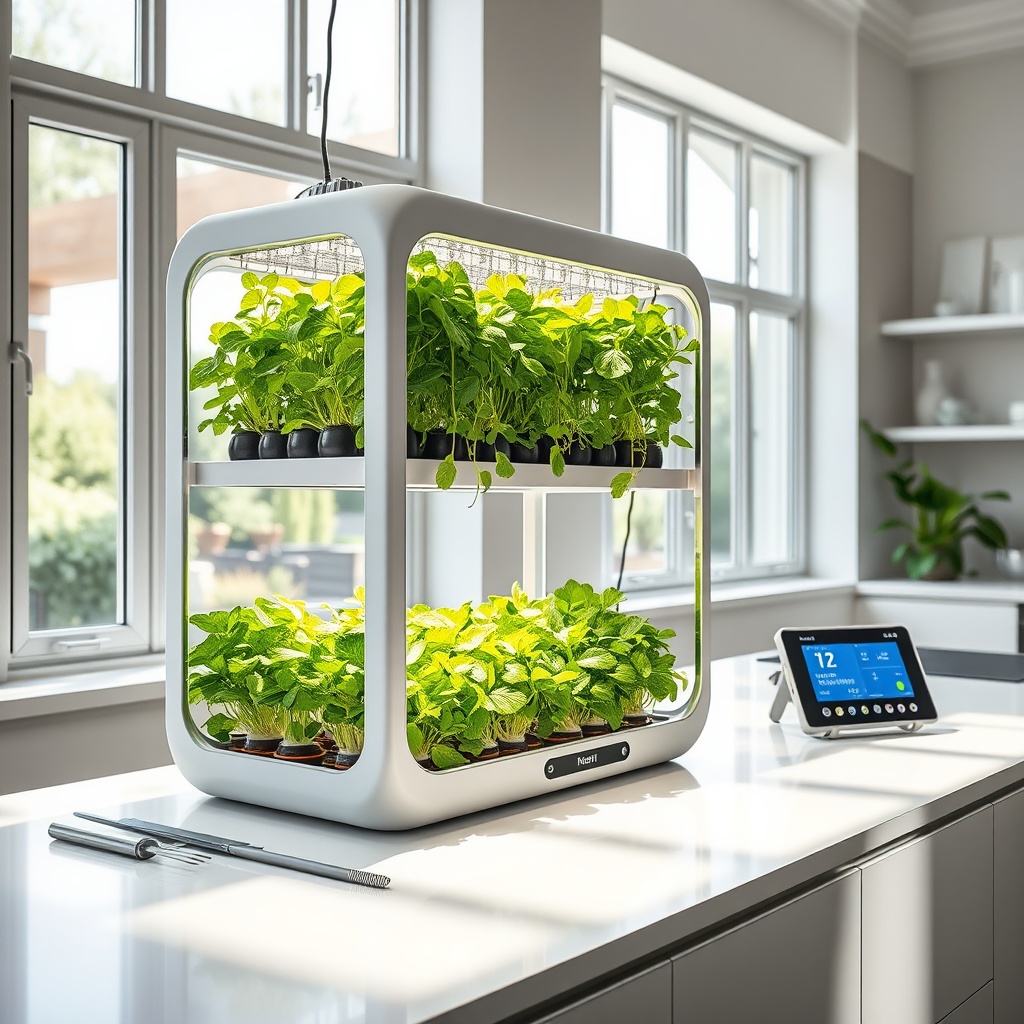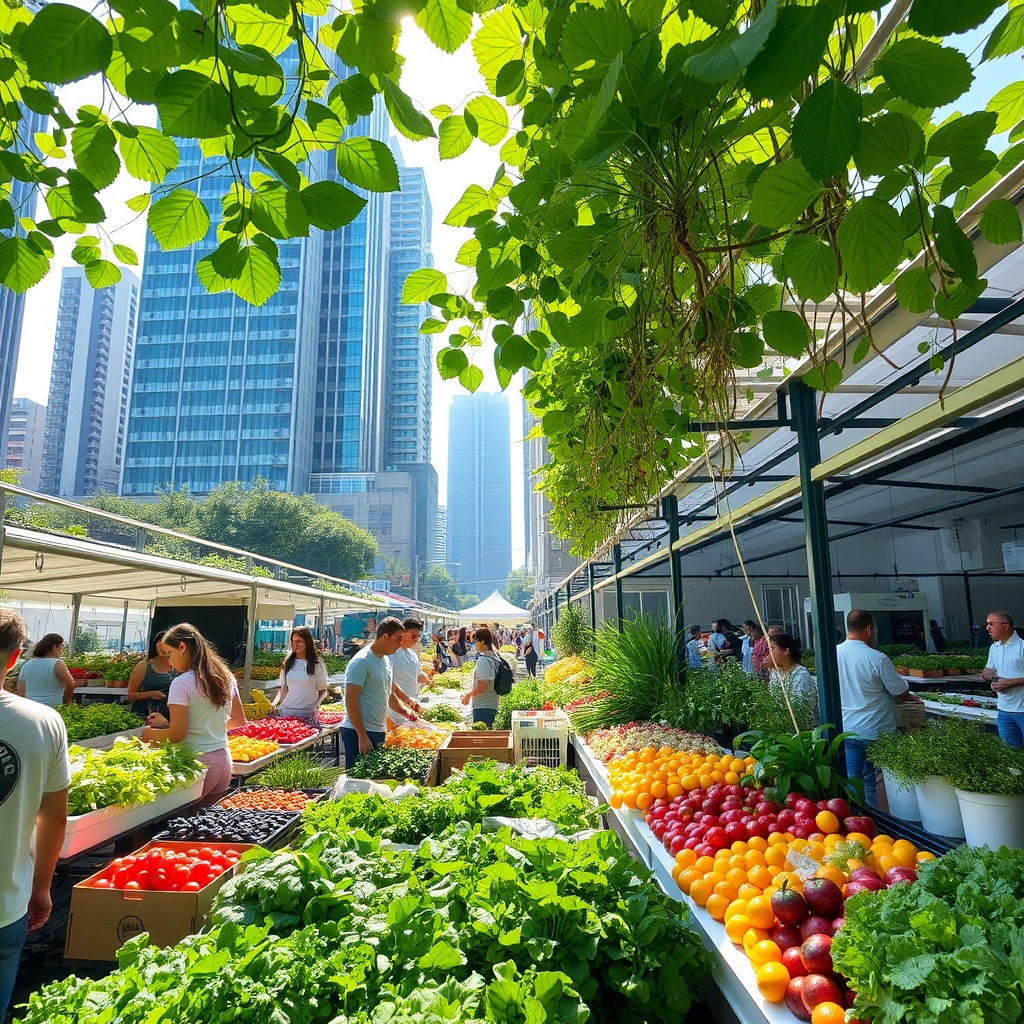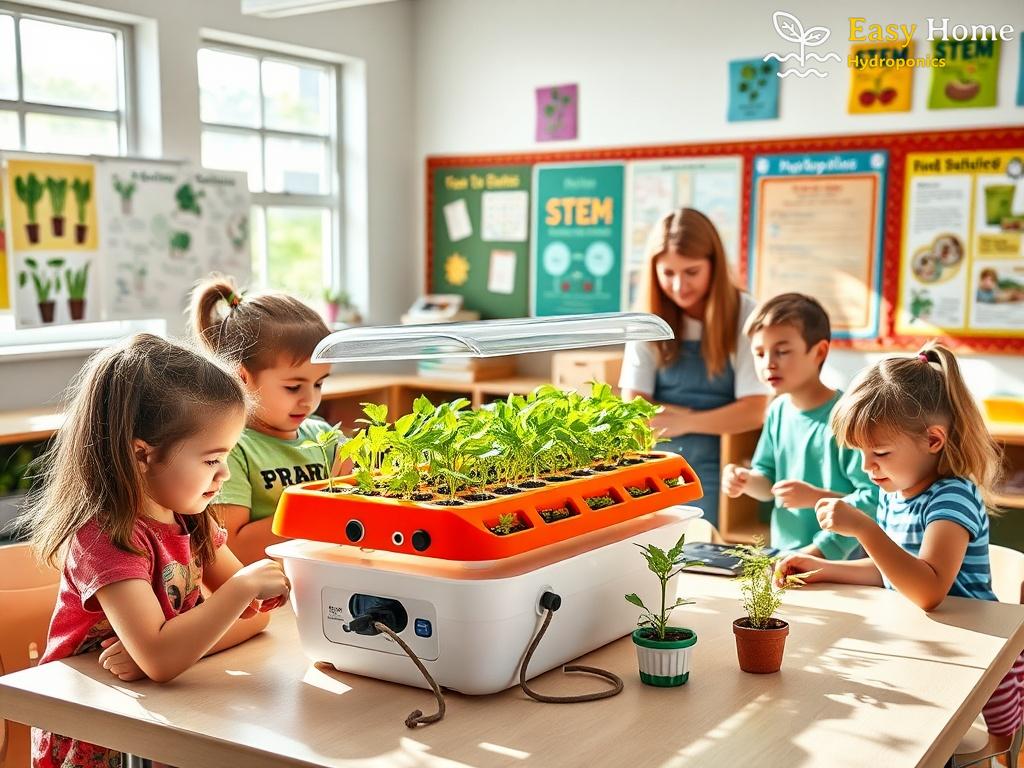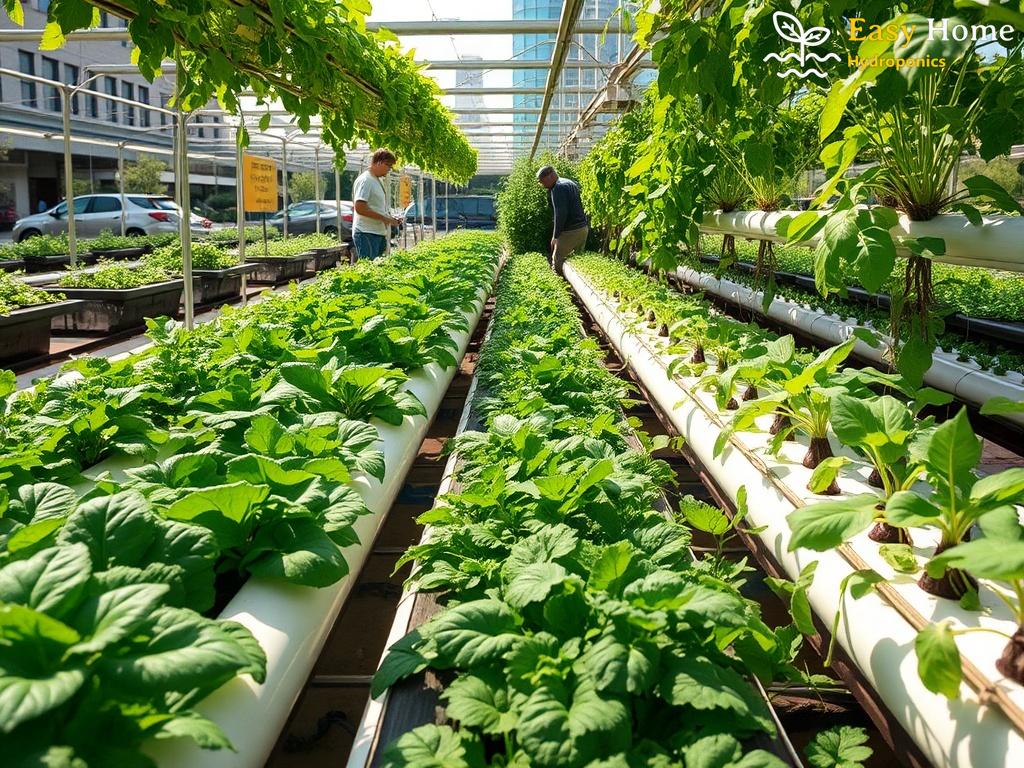The world of home gardening is undergoing a remarkable transformation, thanks to the rise of hydroponic systems. These innovative approaches to growing plants without soil are not only efficient but also promise to make urban gardening accessible to everyone. With advancements in technology, hydroponic systems have become more user-friendly and sustainable. Let’s delve into the latest trends that are shaping the future of home hydroponics.
Smart Hydroponics: The Future of Automated Gardening
Imagine a garden that takes care of itself! Smart hydroponic systems utilize advanced sensors and IoT technology to monitor and manage plant growth automatically. These systems can regulate light, water, and nutrient levels based on real-time data, ensuring optimal conditions for plant health.
Some of the key features of smart hydroponics include:
- Remote Monitoring: Users can track their plants’ progress through smartphone apps.
- Automated Nutrient Delivery: Systems can adjust nutrient concentration based on plant needs.
- Climate Control: Maintain ideal temperature and humidity levels effortlessly.
Vertical Farming: Maximizing Space and Yield
As urbanization continues, space for traditional gardening can be limited. Vertical farming techniques in hydroponics allow growers to utilize vertical space effectively, stacking plants in layers. This not only maximizes yield per square foot but also creates stunning displays that enhance interior spaces.
Vertical hydroponic systems can be tailored to fit various settings, from small apartments to larger urban farms. They often incorporate:
- Modular Designs: Flexible setups that can be expanded or rearranged as needed.
- LED Grow Lights: Energy-efficient lighting that promotes growth while saving electricity.
- Automated Watering Systems: Ensure consistent moisture without manual effort.
The Future of Sustainable Gardening
As environmental concerns grow, the importance of sustainable gardening practices cannot be overstated. Emerging technologies in home hydroponics not only improve efficiency but also reduce water usage and eliminate the need for harmful pesticides. Many systems are designed to recycle water and nutrients, creating a closed-loop system that minimizes waste and maximizes resource use.
By embracing these technologies, home gardeners can contribute to a greener planet while enjoying fresh, home-grown produce year-round. The combination of smart features, space optimization, and sustainability makes hydroponics an exciting frontier in the gardening world.




